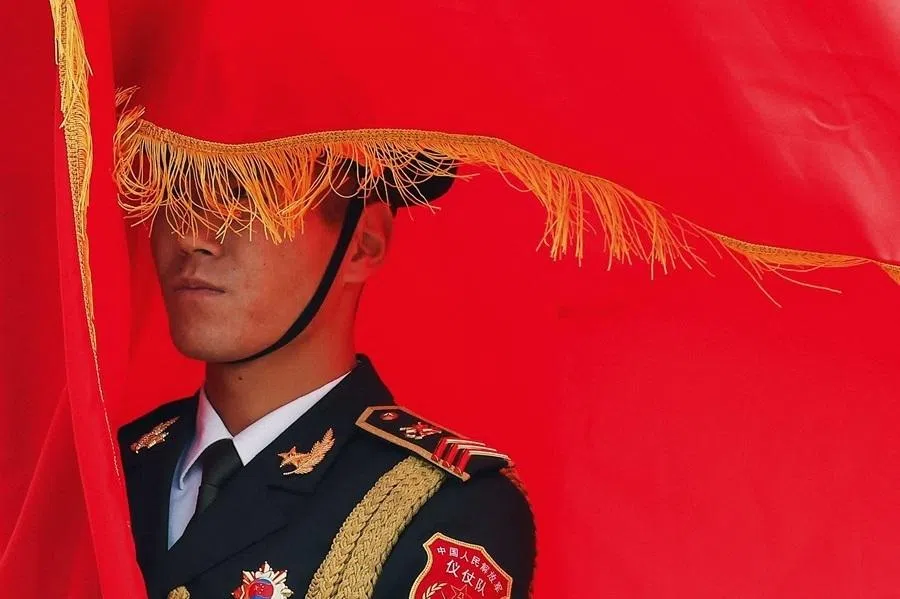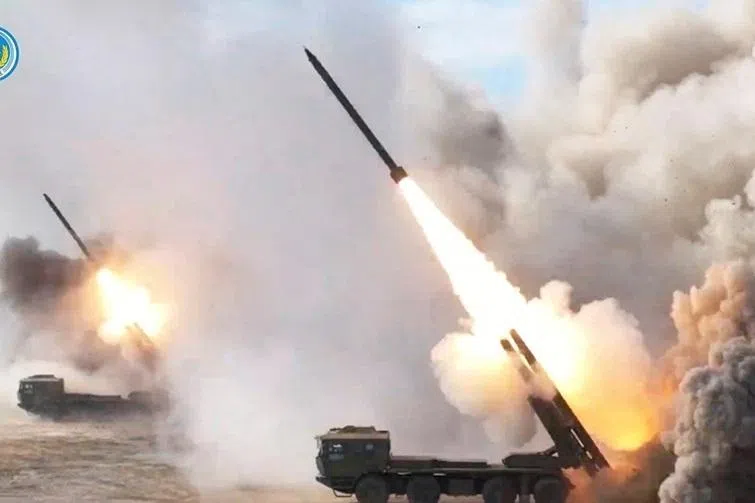Missouri sues, but should China be held accountable for the global spread of Covid-19?
Missouri has become the first US state to sue China for its handling of the coronavirus outbreak. What is behind its case and will it stand up to scrutiny? Has China been transparent in disclosing information? Edwin Ong and Chen Jing find out.
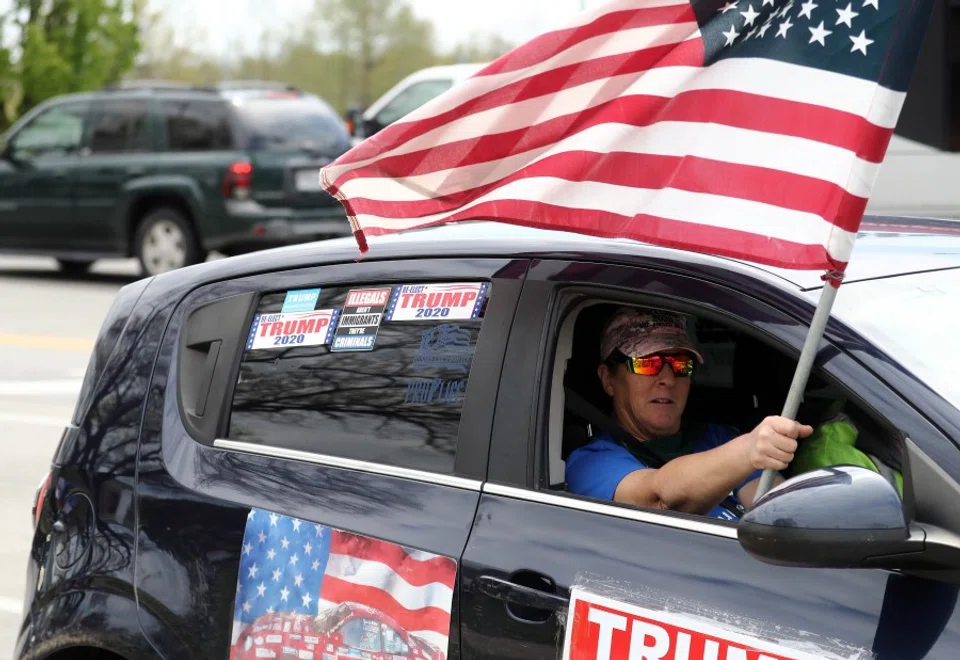
The US and Australia this week stepped up on seeking accountability from China for the coronavirus outbreak, with Missouri the first US state to sue China, saying that China's mismanagement of the outbreak brought devastating economic losses to the state. China's foreign ministry yesterday called the lawsuit frivolous and called for the US government to dismiss it.
Experts interviewed think that Missouri's case is legally weak, and the real intention is to bring political issues to the court and take the opportunity to pin the responsibility on China.
A Reuters report said Missouri Attorney General Eric Schmitt filed a civil suit in federal court on 21 April, seeking cash compensation for alleged negligence by the Chinese authorities that led to Missouri and its residents possibly suffering tens of billions of dollars in economic damages. The Chinese government is also charged with worsening the pandemic by hoarding masks and other personal protective equipment (PPE).
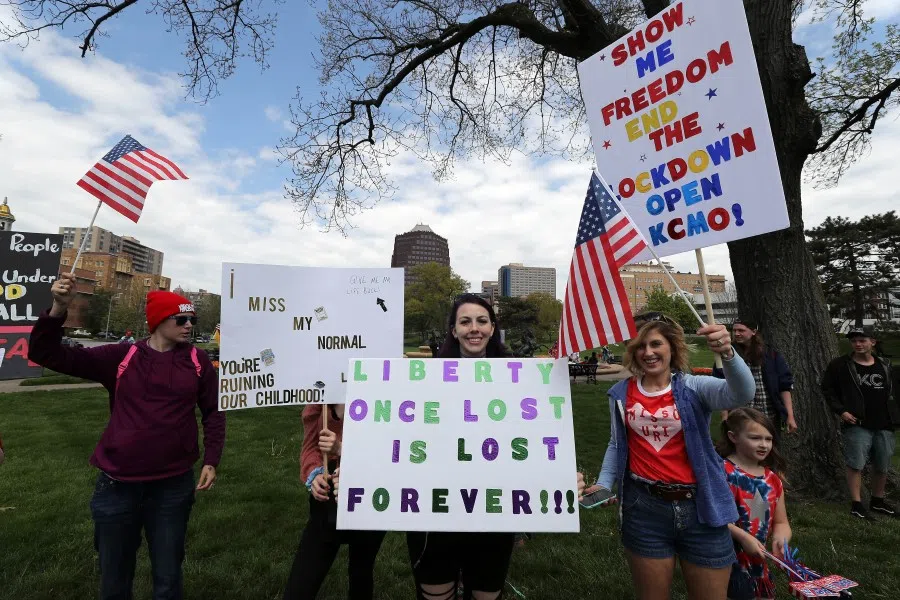
Responding at a regular press conference yesterday, Chinese foreign ministry spokesperson Geng Shuang said the lawsuit was frivolous litigation which defies the basic theory of the law. He felt such frivolous litigation will not help the US with its epidemic response, and that "the right course of action for the US is to dismiss this abusive lawsuit".
Wang Jiangyu, a professor at the School of Law and director of the Centre for Chinese and Comparative Law at City University of Hong Kong said the lawsuit is unlikely to succeed, mainly because of sovereign immunity in international law, where countries have no jurisdiction over one another. Moreover, there is no confirmed link between the spread of the virus in the US and China's alleged mismanagement of the outbreak. Hence, the case is weak.
Australian government seeking support for international investigation
Prof Wang explained that Schmitt's suit was filed out of US election considerations and the desire to bring political issues to court. "This is a strategy in international relations and politics of public censuring... to draw attention, negative emotions, and blame to China." According to reports, Schmitt - who is Republican - will be seeking re-election as Missouri Attorney General at the end of this year.
It is not just the US and its state of Missouri that are ratcheting up the pressure on China. The Australian government has been questioning China's transparency over the outbreak, and yesterday announced that Prime Minister Scott Morrison spoke on the phone separately with US President Donald Trump, German Chancellor Angela Merkel, and French President Emmanuel Macron on 21 April, to seek their support on an international investigation into the outbreak.
Last Sunday, Australian Foreign Minister Marise Payne called for an independent investigation into the source and transmission of the coronavirus, as well as the World Health Organisation's (WHO) handling of the outbreak. This was supported by the Australian parliament.
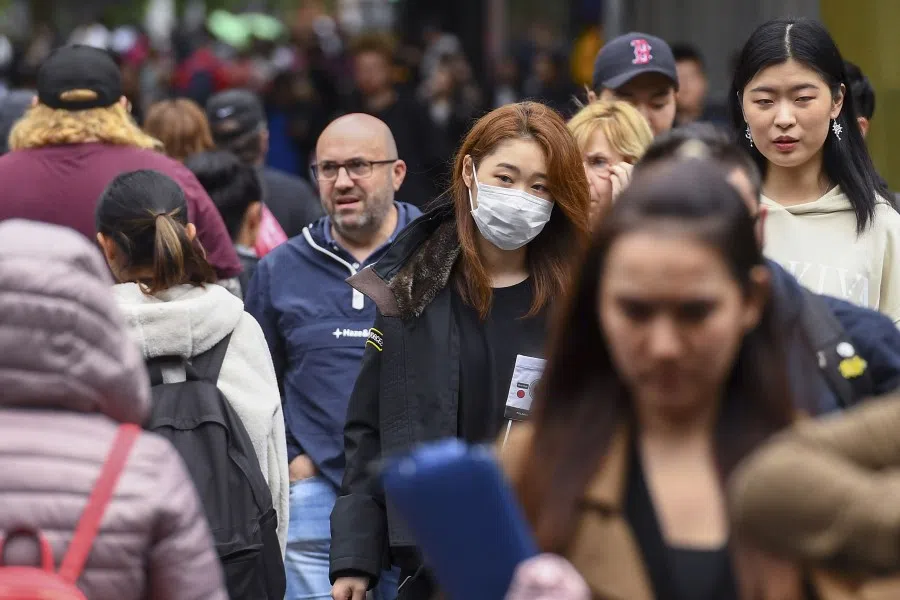
The Chinese embassy in Australia issued a statement on its official website late on Tuesday, with the criticism that "certain Australian politicians are keen to parrot what those Americans have asserted and simply follow them in staging political attacks on China". Trump had previously sharply criticised China and the WHO for mismanaging the outbreak, and last week announced a halt to funding for the WHO.
Professor Li Mingjiang of the S. Rajaratnam School of International Studies at Nanyang Technological University said the West is seeking accountability and compensation from China out of political motives, including shifting blame, distracting the people, and winning over domestic votes.
To charge China for violating regulations based on publicly available information will be difficult.
As for legal accountability, Prof Li said that as a party to the WHO's International Health Regulations, if China has clearly violated the regulations, it can possibly be held to account, and "sovereign immunity does not mean being absolved of all legal responsibility".
To charge China for violating regulations based on publicly available information will be difficult. Prof Li predicts that Western countries might first focus on completing investigations before taking legal action to raise it to the international level, where China and the Western countries will continue to cross swords.
In related news, Gao Fu, Director of the Chinese Center for Disease Control and Prevention (China CDC), recently told China's state media CGTN that he had never said that there was "no human to human transmission in public - never ever". Gao had come under tremendous public pressure following the initial outbreak.
Academics said that this interview, which was conducted in English, was not just to clear Gao's name, but another response from China to increased calls by various countries for accountability on the source of the outbreak, highlighting China's increasingly reactive diplomacy.
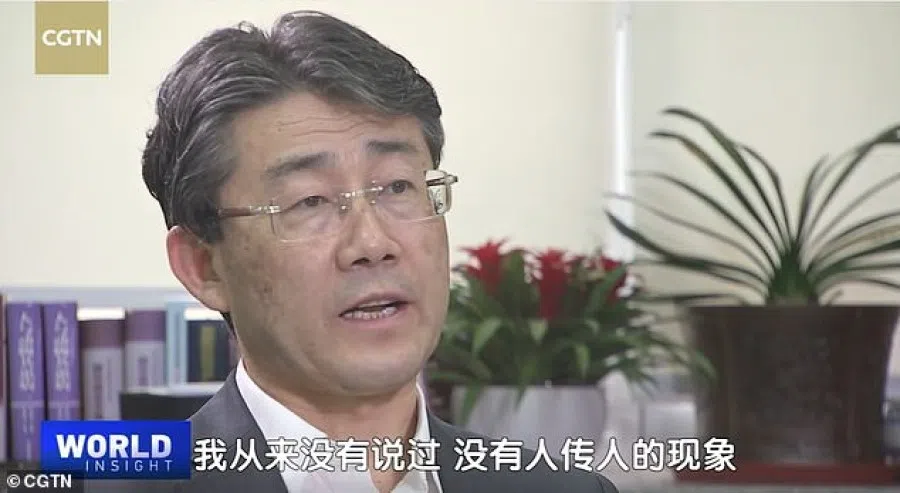
Experts from China's National Health Commission had initially said there was no clear evidence of human-to-human transmission of the coronavirus. This later developed to "limited", then "confirmed" human-to-human transmission. As one of the experts, Gao was slammed for withholding information.
Associate professor Cheng Xiaohe of the School of International Studies at Renmin University of China said CGTN's recent interviews with experts to talk about the initial handling of the outbreak is to show the international community that China did not cover up the outbreak, and to stop the further spread of "holding China accountable".
Following the US, France, the UK, and Australia, German Chancellor Angela Merkel also joined the calls for more transparency from China about the source of the outbreak. At a press conference two days ago, she said, "The more transparent China is about the origin of the virus, the better it is for everyone in the world in order to learn from it."
Chinese foreign ministry spokesperson Geng Shuang has also responded by saying that in an open, transparent and responsible spirit, China has taken the most comprehensive, rigorous and thorough measures to contain its spread and conduct international cooperation, and has made tremendous sacrifices and contributions. He said, "China is also a victim, not a perpetrator, even less an accomplice of COVID-19."
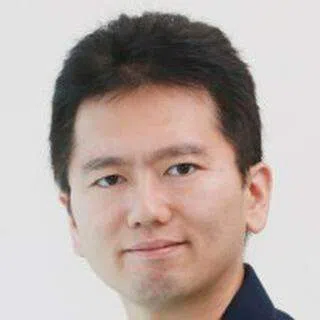



![[Big read] When the Arctic opens, what happens to Singapore?](https://cassette.sphdigital.com.sg/image/thinkchina/da65edebca34645c711c55e83e9877109b3c53847ebb1305573974651df1d13a)
